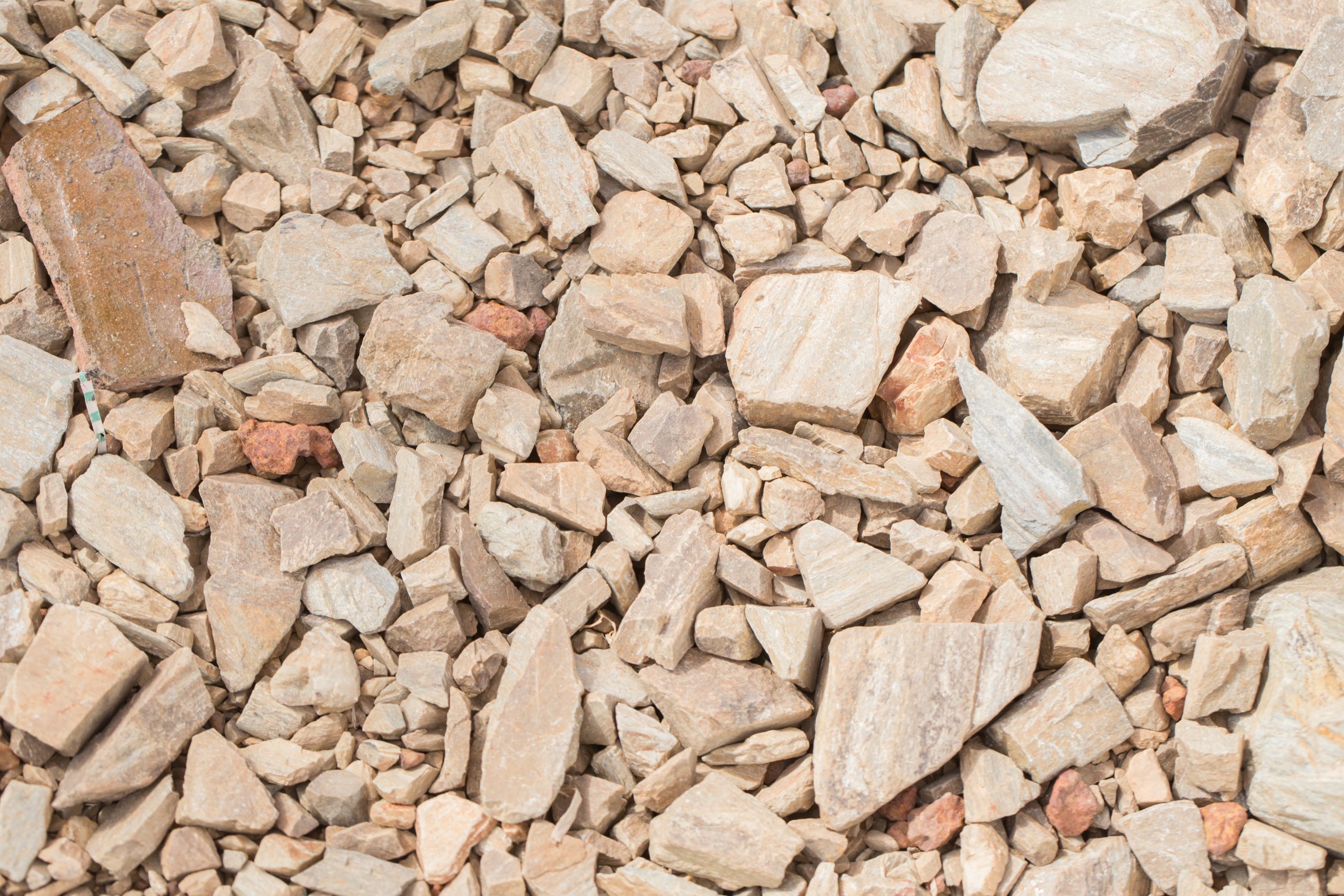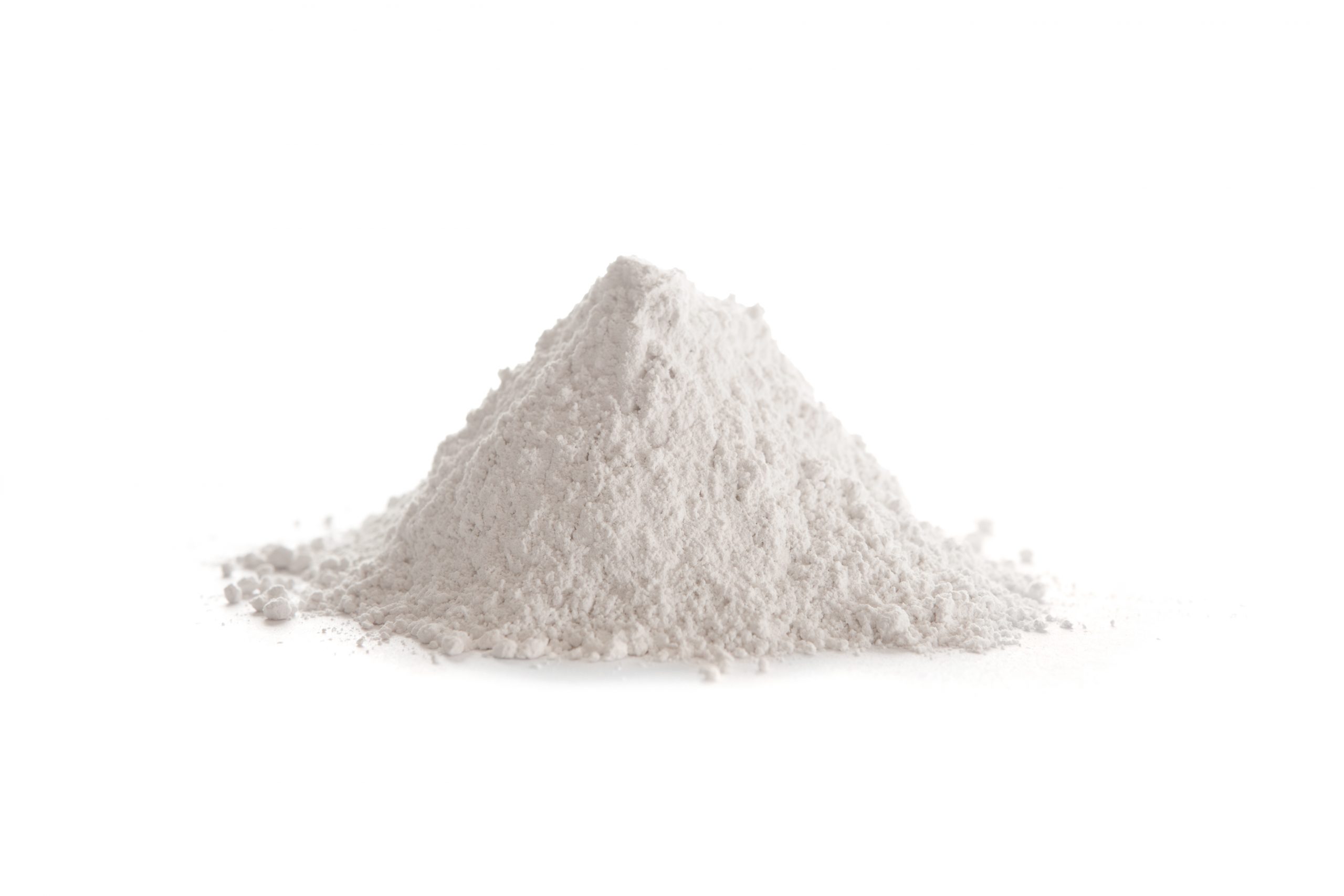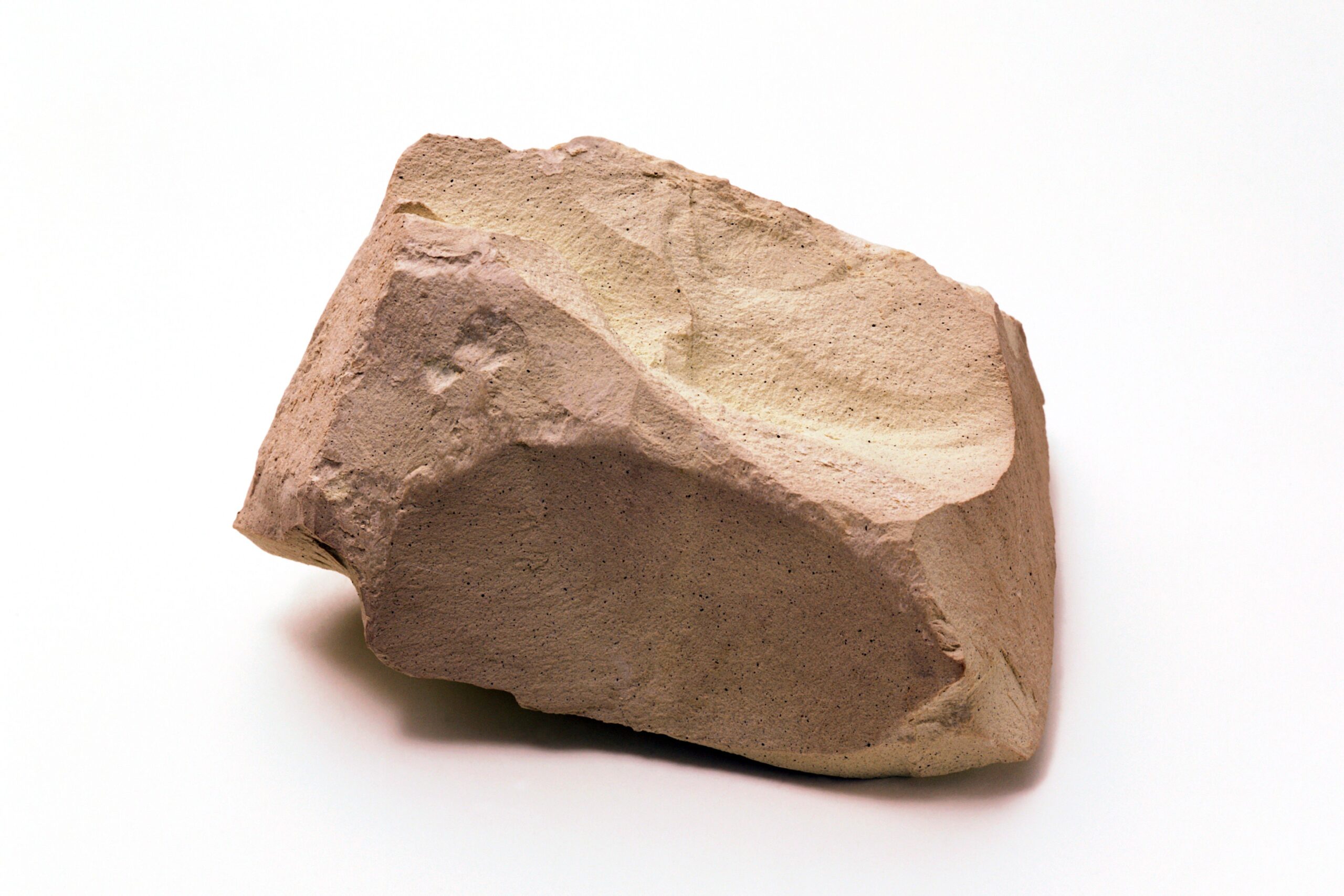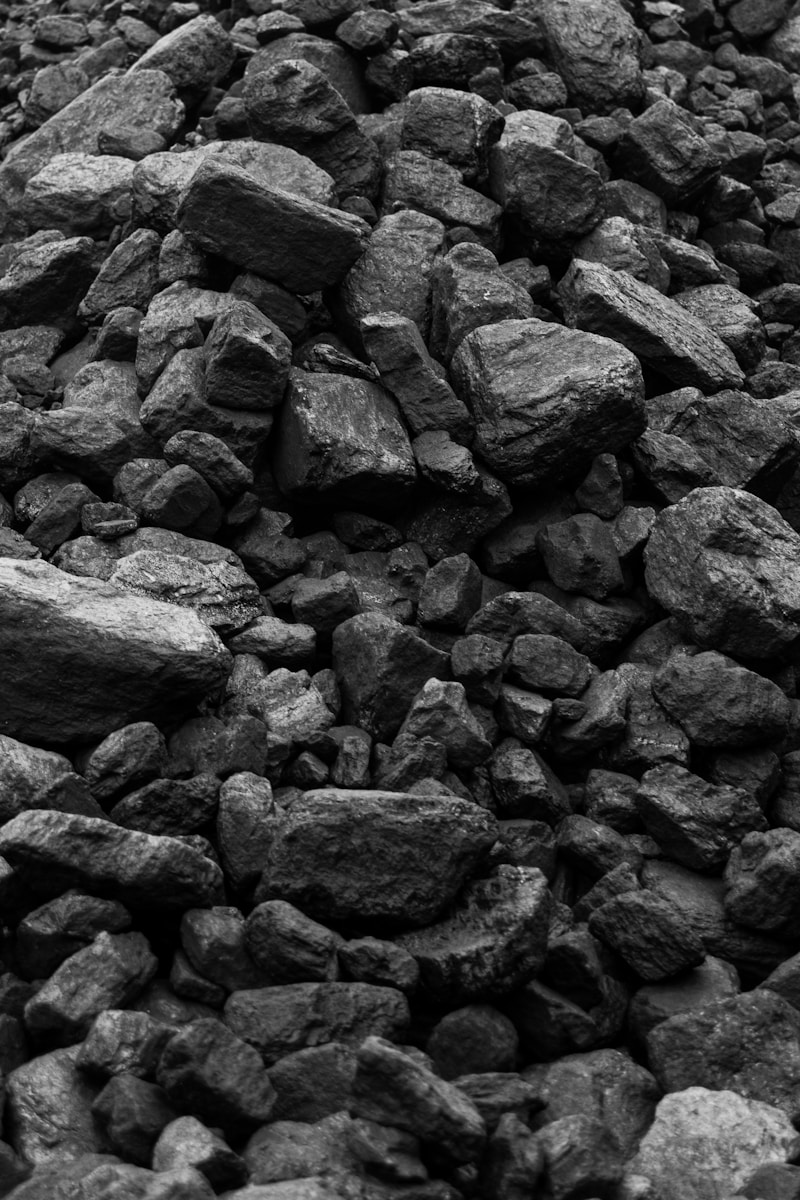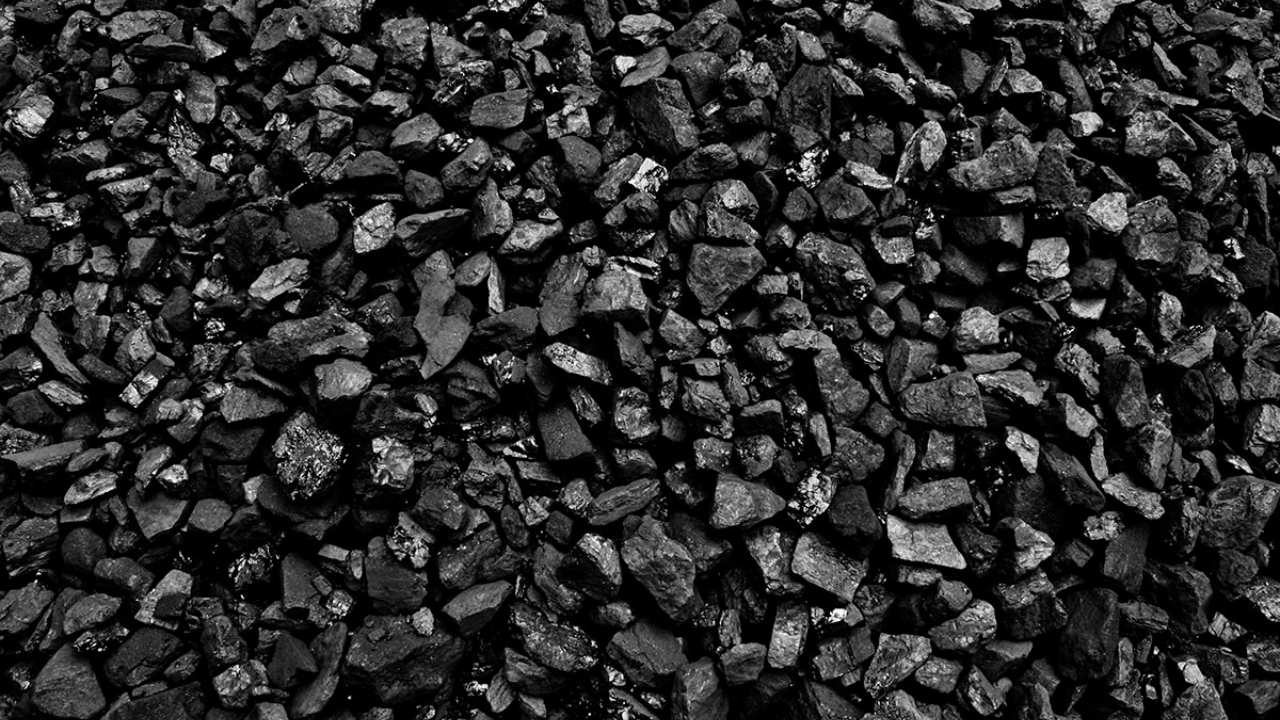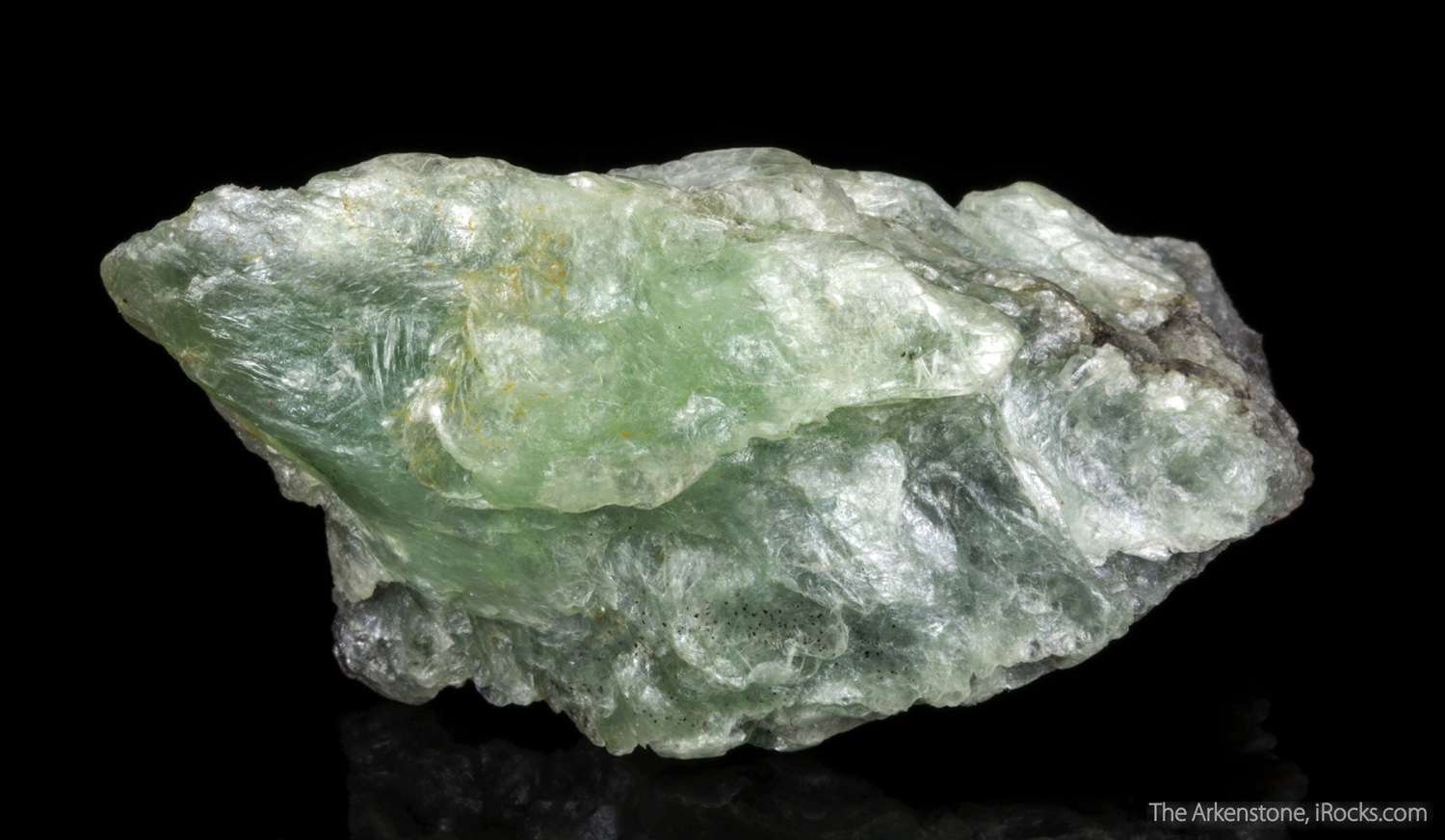Vertical ring-roll mill for pulverizing minerals
Achieve precise particle size control and efficient material processing with this versatile mill, capable of handling diverse feedstocks while minimizing energy consumption through its advanced air-swept design.
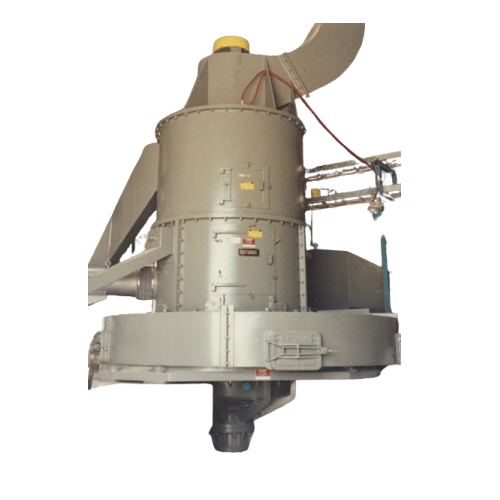
Processes and Classifies Solid Materials Efficiently
The Raymond Roller Mill, from Schenck Process, stands out as an efficient air-swept vertical ring-roll mill designed for simultaneous drying, pulverizing, and classifying operations. Its integral classification system ensures precise product size control, making it ideal for applications like cement production and chemical processing. This mill addresses the challenge of processing diverse materials, including limestone, clay, and petroleum coke, offering flexibility across industries like energy and steelmaking. With grinding ring diameters from 30 to 120 inches, the smart design accommodates continuous operations, while reducing energy costs through optimized motor controls. It supports integration within complex production lines, facilitating seamless transitions between pre-processing and main processing stages. Constructed from durable materials, the mill promises longevity and minimal downtime, featuring easy maintenance protocols and optional customization to meet specific industry needs.
Benefits
- Enhances operational efficiency by integrating drying, pulverizing, and classification into a single step.
- Reduces energy consumption with optimized motor control for cost-effective production.
- Handles a wide range of material sizes, providing adaptability for diverse industrial needs.
- Minimizes maintenance downtime with durable construction and easy access to components.
- Supports continuous processing, ensuring consistent product throughput and meeting high-demand production schedules.
- Applications
- Fire clay, Clay, Limestone, Phosphate rock, Coal, Kaolin, Bentonite, Hydrated lime, Phenolic resins, Gypsum, Minerals, Pigments, Petroleum coke, Talc, Barytes
- End products
- Cosmetic powders, Wallboard, Briquettes, Plastic resins, Ceramic tiles, Construction plaster, Toothpaste, Paints, Chalk, Pottery, Carbon black, Fertilizers, Cement
- Steps before
- Grinding, Purification, Drying
- Steps after
- Packing, Coating, Ultra-fine processing
- Input ingredients
- limestone, clay, minerals, bentonite, kaolin, barytes, gypsum, phosphate rock, talc, coal, hydrated lime, petroleum coke, pigments, phenolic resins
- Output ingredients
- coarse granular products, 10% R2000 micron, 90% minus 10 mesh, 99.9% minus 325 mesh
- Market info
- Schenck Process is known for its expertise in material handling, weighing, feeding, and automation solutions. The company has a strong reputation for delivering high-quality engineered-to-order equipment for diverse industries, backed by innovative technology and customer-centric service.
- Grinding Ring Diameter
- 30-120 in / 760-3050 mm
- Product Fineness
- 99.9% minus 325 mesh (0.001%R44 micron)
- Feed Size
- ½ - 2 in / 10-50 mm
- Material Hardness
- 5 or less on the Mohs scale
- Power Consumption
- Minimal
- Automation
- Integral classification system
- Output Particle Size
- 10% R2000 micron 90% minus 10 mesh
- Drying Capability
- Simultaneous drying with grinding
- Classification System
- Integral
- Working mechanism
- Air-swept vertical ring-roll
- Integrated steps
- Simultaneously dries, pulverizes, and classifies
- Material hardness
- 5 or less on Mohs scale
- Product size control
- Efficient control with minimal power
- Particle size range
- 10% R2000 micron to 99.9% minus 325 mesh
- Batch vs. continuous operation
- Continuous
- Density/particle size
- 0.5–2.5 g/cm³ / 50–1000 µm
- Product Type
- Limestone, Clay, Minerals, etc.
- Machine footprint
- Varies with grinding ring diameter
- Grinding ring diameter
- 30-120 in / 760-3050 mm
- Feed size
- ½ -2 in / 10-50 mm
- Particle size range
- 10% R2000 micron to 99.9% minus 325 mesh
- Discharge method
- Air-swept, integral classification system


